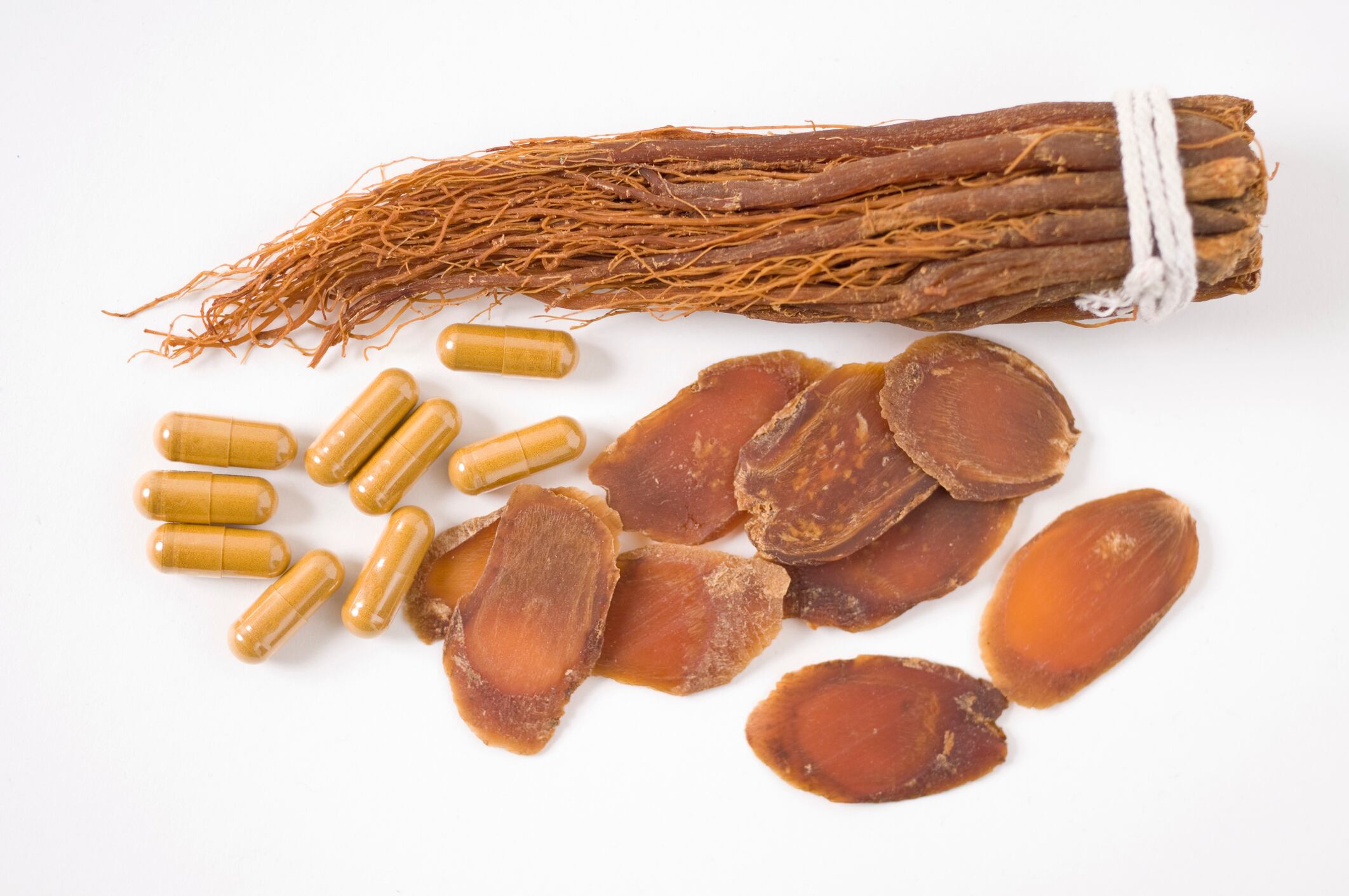Although no exact mechanism has been identified for the ageing process in women after menopause, several epidemiological studies have shown that there are many diseases related to ageing in postmenopausal women, such as type 2 diabetes and cardiovascular disease, both of which are closely linked to oxidative stress and chronic low-grade inflammation.
Both mitochondria DNA (mtDNA) mutations and decreases in mtDNA copy number (a measure of the number of mitochondrial genomes per cell) interrupt mitochondrial function, which may lead to ageing. In addition, free radicals accumulate in macromolecules, such as fat, DNA, and protein, and oxidative stress leads to cellular senescence, which induces the expression of various inflammatory cytokines and proteins, which in turn promote ageing.
Korean red ginseng (KRG), aka Panax ginseng Meyer, has antioxidant properties which can improve immune health, fatigue symptoms, blood circulation, and memory function.
The current 8-week, randomised, double-blind, placebo-controlled, clinical trial aimed to investigate the effect of KRG primarily on biological ageing and antioxidant capacity, and how it affects clinical fatigue symptoms.
The mtDNA copy number of lymphocytes was used to determine biological ageing, TAS was measured to evaluate antioxidant capability, and a Fatigue Severity Scale (FSS) questionnaire was used as an indicator of clinical symptoms for fatigue.
This is the first randomised, double-blind, placebo-controlled study to investigate the comprehensive efficacy of KRG administration on biological ageing, antioxidant activity, and clinical symptoms in Korean postmenopausal women.
The study
A total of 63 participants were randomised to receive a 500 mg KRG (n=33) or placebo (n=30) tablet four times daily. Each participant completed a questionnaire about lifestyle, medical history, and health supplements and provided blood samples in order for researchers to ascertain total antioxidant status (TAS) and mtDNA copy number. All participants also completed fatigue severity scale (FSS) questionnaire.
The resulting data led the researchers to conclude that taking 2 g/day of KRG for eight weeks increased the mtDNA copy number more than the placebo. The KRG group also had significantly higher TAS levels following the intervention than the placebo group did. Third, the KRG group showed improvements in fatigue symptoms.
Mechanisms of action
In explanation of the increased mtDNA copy number in the KRG group, the researchers note peroxisome proliferator-activated receptor-gamma co-activator 1α (PGC-1α) plays a pivotal role in the regulation of mitochondrial biogenesis. It activates nuclear respiratory factor (NRF)-1 and NRF-2, thereby promoting the expression of mitochondrial transcription factor A (TFAM), which upregulates mitochondrial DNA transcription and replication. Moreover, Kim et al. reported that the Rg3 component in KRG increased the expression of PGC-1α, NRF-1, and TFAM in an in vitro model.
Additionally, Shin et al. showed that KRG improved swimming performance in mice and enhanced TFAM and NRF-1 gene expression levels. Therefore, KRG may lead to improvements in the PGC-1α-NRF1-TFAM pathway, which contributes to the increased mtDNA copy number.
Although the antioxidant mechanism of KRG is not clearly understood, the following mechanism can be considered. First of all, it may improve antioxidant capacity by downregulating reactive oxygen species (ROS)-stimulated mitogen-activated protein kinase and protein kinase B pathways that are involved in cell survival and growth. Furthermore, KRG can upregulate nuclear factor erythroid 2-related factor 2 (Nrf 2)-mediated expression of heme oxygenase 1 as a ROS scavenging factor. Additionally, the intracellular concentration of glutathione (GSH) was increased and attenuated the reduction of GSH in the cell levels.
The authors note a number of limitations of the study including the fact the sample included only Korean postmenopausal women, so the results can't be generalised to other populations. The researchers were also unable to strictly control each individual’s diets, which could affect biological ageing, antioxidant capacity, and clinical symptoms. They also note that it is important for future research to determine the optimal dose and duration for KRG intervention.
Source: Nutrients
Chung, T.-H.; Kim, J.-H.; Seol, S.-Y.; Kim, Y.-J.; Lee, Y.-J.
"The Effects of Korean Red Ginseng on Biological Aging and Antioxidant Capacity in Postmenopausal Women: A Double-Blind Randomized Controlled Study"
https://doi.org/10.3390/nu13093090 (registering DOI)


